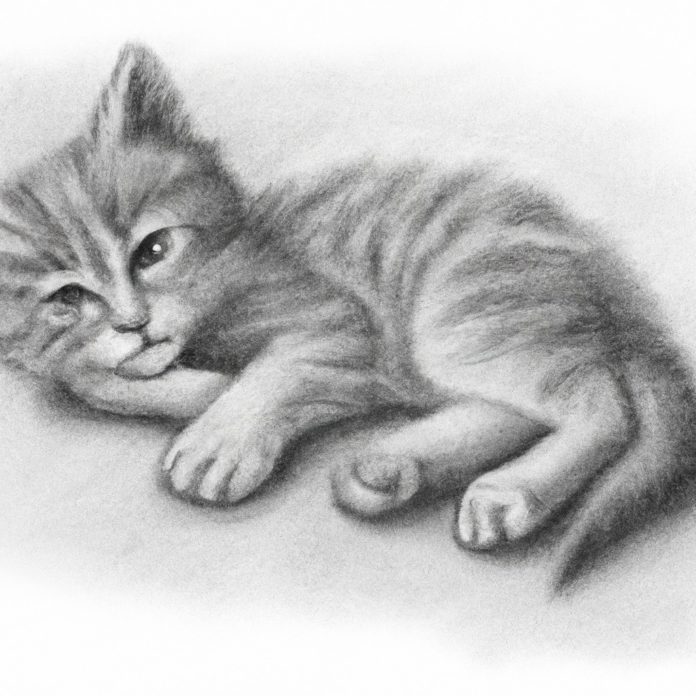Dear VetBabble: My 4-month-old kitten has stopped eating and is experiencing diarrhea and vomiting. What should I do?
Hi there! Thanks for using VetBabble. It’s unfortunate to hear that your kitten, Mimi, isn’t feeling well. In young kittens like Mimi, it’s important to address these symptoms sooner rather than later, as they can quickly become dehydrated or have low blood sugar. Vomiting, diarrhea, and loss of appetite can result from various issues, such as dietary indiscretion, foreign material ingestion, intestinal parasites, or other underlying medical conditions. In this article, we’ll discuss some possible causes for your kitten’s symptoms and what to do next.
Section 1: Assessing Your Kitten’s Appetite
As you mentioned, Mimi has been refusing to eat, even when offered a familiar wet food. A sudden change in appetite could indicate a problem. If you haven’t already, try offering a different type of food or a high-quality canned food to see if your kitten shows any interest. It’s important to ensure your kitten is eating something to maintain energy and hydration levels. For more information, check out our article on What To Do if Your Cat Won’t Eat.
Section 2: Vomiting and Diarrhea in Cats and Dogs
Both vomiting and diarrhea are common symptoms in young pets like Mimi and can be caused by various factors. In some cases, it’s due to dietary indiscretion, such as consuming something that upsets their stomach. However, on a more serious note, these symptoms can indicate the ingestion of a foreign object or an underlying medical issue. To help determine the root cause of your kitten’s vomiting, be sure to read our article on Why Cats Vomit.
Diarrhea in pets can range from a mild, temporary upset stomach to more serious issues requiring veterinary intervention. In addition to foreign material ingestion and dietary indiscretion, diarrhea could signal the presence of intestinal parasites or bacterial infections in your kitten. It’s essential to monitor your pet’s diarrhea and consult with a veterinarian if it continues or worsens. VetBabble has you covered with an article discussing Why Pets Experience Diarrhea and When to Worry About Your Pet’s Diarrhea.
Section 3: The Next Steps for Mimi
Given Mimi’s young age and the severity of her symptoms, it’s critical to have her evaluated by a veterinarian as soon as possible. Your veterinarian may recommend diagnostic testing, such as X-rays, blood work, and fecal analysis, to help determine the cause of Mimi’s symptoms and provide proper treatment. Depending on the results, treatment may include fluids, anti-nausea medications, or anti-diarrheal medications to help Mimi feel better and recover.
In conclusion, it’s essential to be proactive in addressing your kitten’s symptoms, as kittens are more vulnerable to dehydration and low blood sugar. Monitoring your kitten’s appetite and consulting with a veterinarian will help you identify the root cause of Mimi’s vomiting and diarrhea, ensuring she gets the appropriate care and support to return to her happy, playful self. We wish Mimi a speedy recovery!









